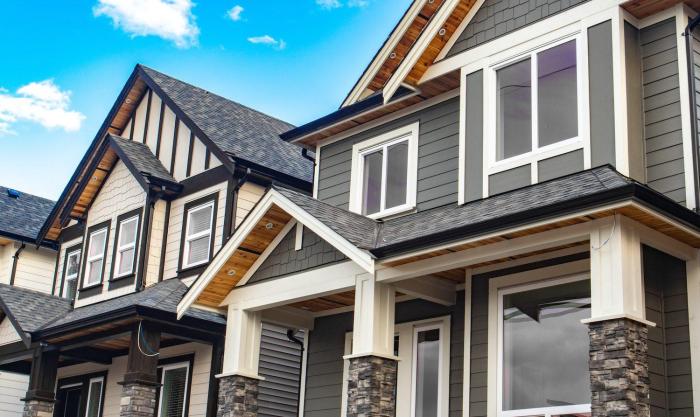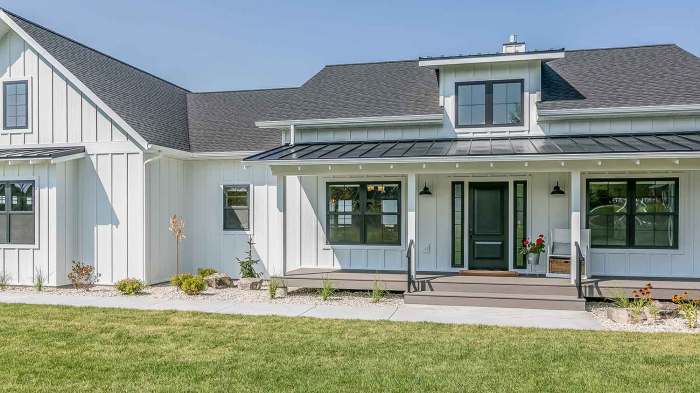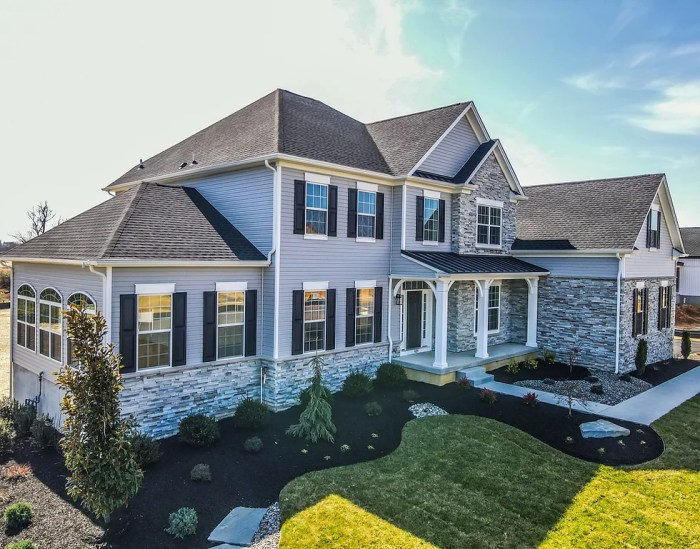Commercial building insurance for small businesses: Safeguarding Your Investment
Commercial building insurance for small businesses plays a crucial role in protecting your assets and ensuring financial security. This comprehensive coverage provides a safety net for small business owners, shielding them from unforeseen risks and potential financial losses. Let's delve into the intricacies of commercial building insurance and explore how it can benefit small businesses.
Understanding Commercial Building Insurance
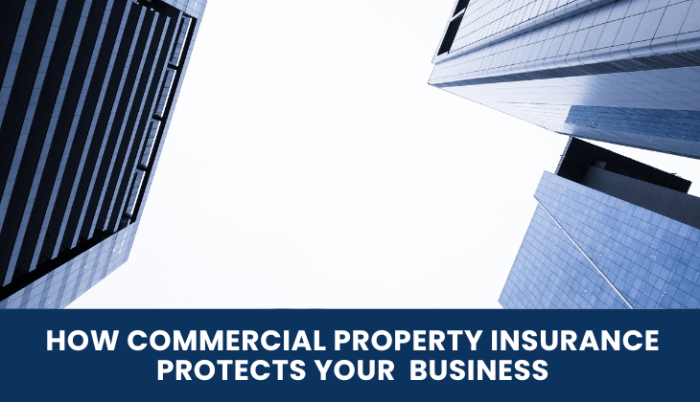
Commercial building insurance is crucial for small businesses to protect their physical assets and properties. It provides coverage against various risks and unforeseen events that could potentially disrupt business operations and lead to financial losses.
Types of Coverage Included:
- Property Damage: Protects the building structure and contents inside from damages caused by fire, vandalism, or natural disasters.
- Liability Coverage: Covers legal expenses and damages if someone is injured on the property.
- Business Interruption: Provides coverage for lost income and ongoing expenses if the business is forced to close temporarily due to a covered event.
- Equipment Breakdown: Covers the cost of repairing or replacing essential equipment that malfunctions.
Risks Protected Against:
- Fire Damage: Coverage for damages caused by fires, including structural damage and loss of inventory.
- Natural Disasters: Protection against events like earthquakes, floods, hurricanes, and other natural disasters that can damage the building.
- Theft and Vandalism: Coverage for theft of property or damage caused by vandalism to the building or its contents.
- Legal Liabilities: Protection against lawsuits and legal claims for injuries or damages that occur on the business property.
Determining Coverage Needs
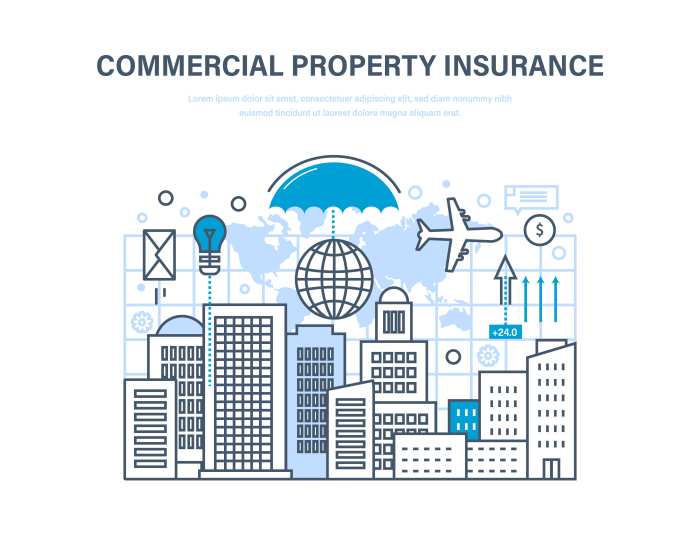
Determining the right amount and type of commercial building insurance for your small business is crucial to protect your investment and assets. Here's a guide on how small businesses can assess their commercial building insurance needs.
Factors Influencing Coverage Needs
- Location: The geographic location of your commercial building can impact the risk of natural disasters, theft, or vandalism, influencing the coverage needed.
- Building Size and Construction: The size, age, and construction materials of your building can determine the cost of repairs or replacements in case of damage.
- Property Value: The overall value of your commercial building and its contents should be considered when determining coverage limits.
- Business Operations: The type of business you run and the potential risks associated with your operations can affect the coverage needed.
Comparing Coverage Options
- Basic Coverage: Standard commercial building insurance typically includes coverage for fire, theft, vandalism, and certain natural disasters.
- Additional Coverage: Small businesses may need to consider additional coverage options like business interruption insurance, equipment breakdown coverage, or flood insurance based on their specific needs.
- Customized Policies: Some insurance providers offer customizable policies that allow small businesses to tailor coverage to their unique requirements.
Cost Considerations
When it comes to commercial building insurance for small businesses, the cost is a significant factor to consider. The price of insurance can vary based on several factors, and understanding these can help businesses make informed decisions to manage their insurance costs effectively.
Factors Affecting Cost
- The location of the business: The geographical location of the business plays a crucial role in determining insurance costs. Areas prone to natural disasters or high crime rates may have higher premiums.
- The size and type of the building: The size, age, construction materials, and intended use of the building can impact insurance costs. Buildings with unique features or high replacement costs may require higher premiums.
- Business operations and risk factors: The nature of the business, including potential hazards and risks associated with operations, can influence insurance costs. Industries with higher risks may face higher premiums.
Tips to Reduce Costs
- Compare quotes from multiple insurers: Shopping around and getting quotes from different insurance providers can help small businesses find competitive rates.
- Review coverage limits and deductibles: Adjusting coverage limits and deductibles can impact premiums. Businesses should evaluate their needs and consider balancing coverage with costs.
- Implement risk management strategies: Proactively managing risks within the business, such as improving safety measures and security protocols, can help reduce insurance costs by minimizing potential claims.
Cost-Saving Strategies
- Bundling insurance policies: Some insurers offer discounts for bundling multiple insurance policies together. Small businesses can explore bundling options to potentially save on overall insurance costs.
- Maintaining a good claims history: Building a positive claims history by minimizing claims and addressing issues promptly can help businesses qualify for lower premiums over time.
- Seeking specialized insurance programs: Some insurers offer specialized insurance programs tailored to specific industries or risks. Small businesses can explore these options to potentially find more cost-effective coverage.
Finding the Right Insurance Provider
When selecting an insurance provider for commercial building coverage, small businesses should consider several key criteria to ensure they get the right coverage that meets their needs. It is essential to choose a reputable insurance company that offers tailored solutions for small businesses and provides excellent customer service.
Before making a decision, asking the right questions can help in determining the best insurance provider for your commercial building.
Key Criteria for Selecting an Insurance Provider
- Experience and Reputation: Look for insurance providers with a proven track record in offering commercial building coverage and serving small businesses.
- Customized Solutions: Ensure that the insurance provider can tailor coverage options to meet the specific needs of your business.
- Financial Stability: Check the financial strength ratings of the insurance company to ensure they can fulfill their obligations in case of a claim.
- Claims Process: Understand the claims process of the insurance provider and how efficiently they handle claims for commercial building coverage.
Reputable Insurance Companies for Small Businesses
- State Farm: Known for its reliable customer service and customizable insurance solutions for small businesses.
- Allstate: Offers a range of commercial insurance options tailored to the unique needs of small businesses.
- Progressive: Provides competitive rates and flexible coverage options for commercial buildings.
Questions to Ask Potential Insurance Providers
- What types of commercial building coverage do you offer for small businesses?
- Can you customize a policy to meet the specific needs of my business?
- How is the claims process handled, and what is the typical turnaround time for claims?
- What is your financial strength rating, and how stable is the company financially?
- Do you have experience working with small businesses in my industry?
Epilogue
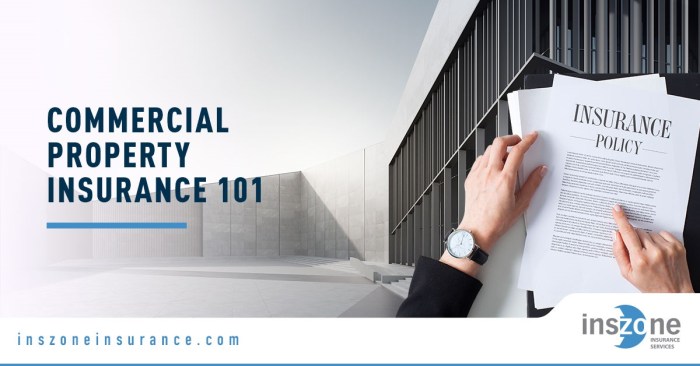
In conclusion, commercial building insurance is a vital safeguard for small businesses, offering peace of mind and protection against various risks. By understanding the importance of this coverage, assessing specific needs, considering cost factors, and choosing the right insurance provider, small business owners can navigate the complex world of insurance with confidence.
General Inquiries
What does commercial building insurance cover?
Commercial building insurance typically covers damages to the physical structure of the building, as well as liability protection in case someone is injured on the property.
How can small businesses determine the right amount of coverage needed?
Small businesses can assess their coverage needs by considering factors such as the value of the building, its location, and the potential risks it faces.
Are there ways to reduce insurance costs for commercial buildings?
Small businesses can lower insurance costs by implementing safety measures, bundling insurance policies, and comparing quotes from different providers.
What should small businesses look for in an insurance provider?
Small businesses should consider the provider's reputation, the comprehensiveness of their coverage options, and their responsiveness to claims when selecting an insurance provider.

